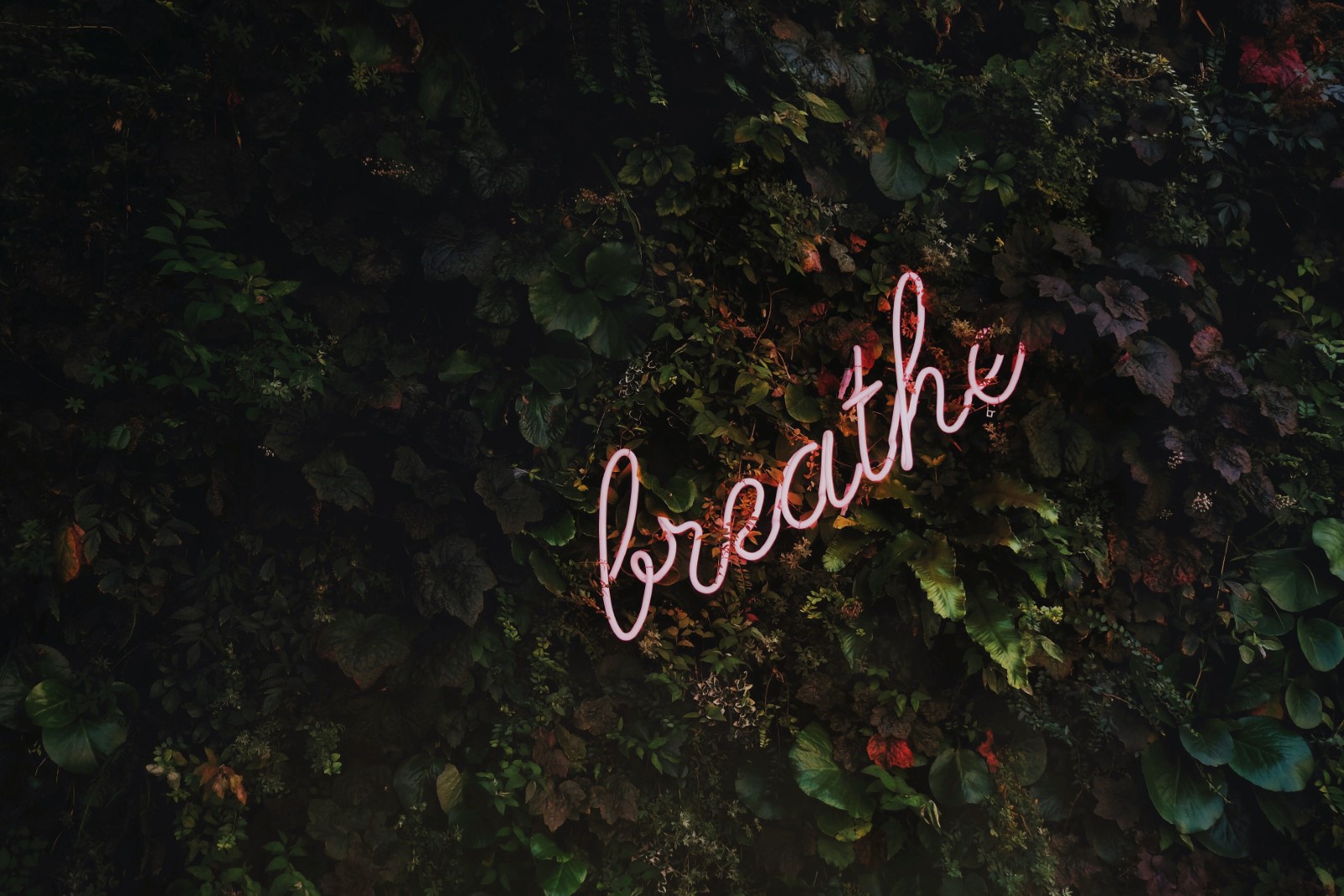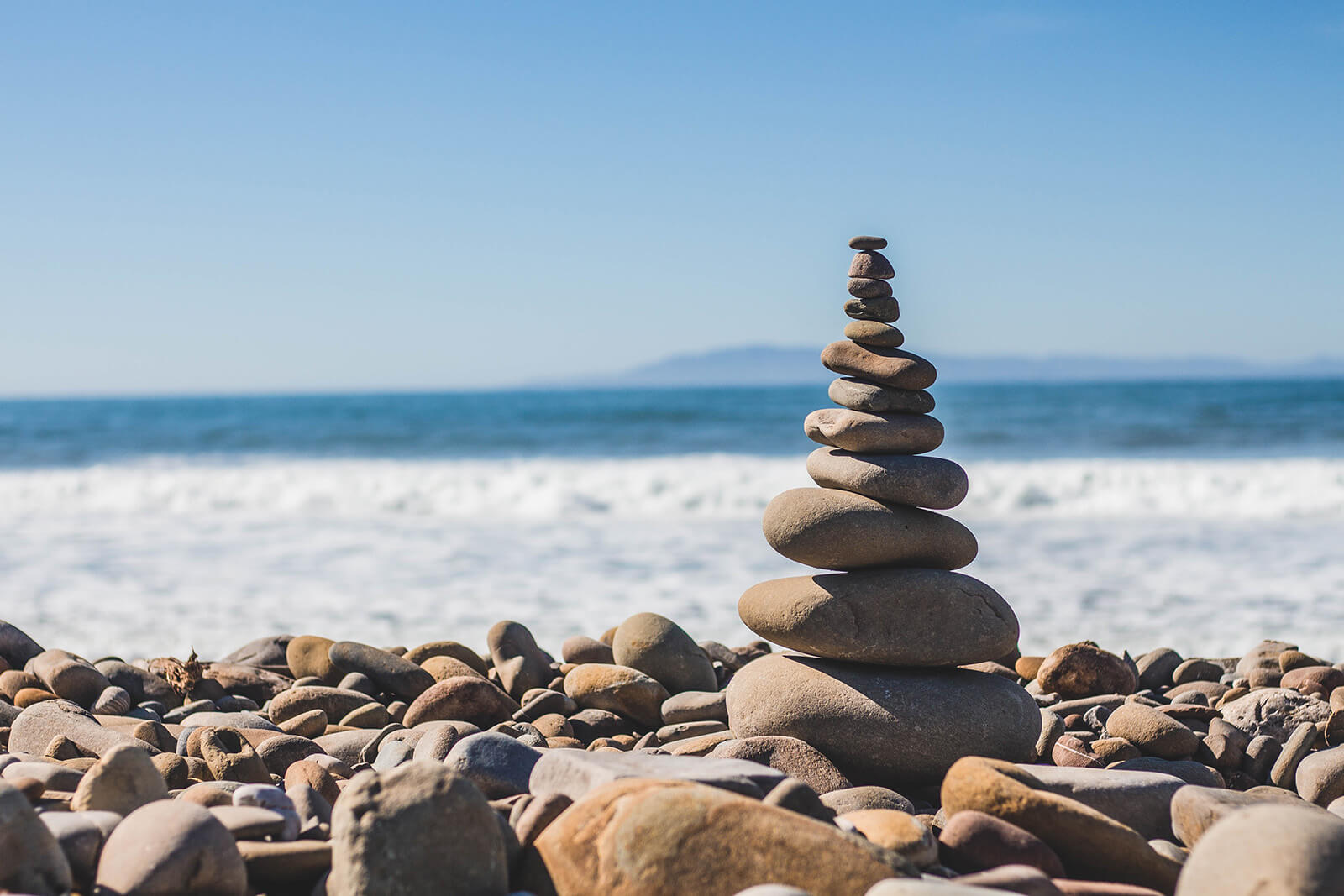With all the noise and chatter that is this digital age–where your mind is constantly being overstimulated from work, social media, and general responsibilities of adulthood–it’s easy to lose sleep or fixate on things that are happening around you, which can almost always lead to unnecessary stress. At LARQ, we value wellness and strive to find ways to lead healthier lifestyles, whether it’s from drinking enough water to getting enough exercise, and even mediation.
During this time of uncertainty, it is more important than ever to unplug from the world. Whether stress is related to your adjusting to working from home, missing your loved ones, or even your overconsumption of social media (probably all of us), you can care for your personal wellness with one simple practice: meditation.
Meditation is a form of emotional wellness. Caring for the mind, managing stress, and promoting happiness.
We often think that meditation may be a waste of time, but it can be the best form of self-care you can give to yourself. Meditation doesn’t come easy the first few times around, but with practice, meditation can be a lifelong tool you can use to manage your stress. Take a moment to focus on being calm and mindful instead of thinking about that report due tomorrow.
Allowing yourself to pause for a few minutes a day can help you maintain your stress levels and give you the ability to recenter yourself during stressful situations.
An additional benefit to meditation is to practice quieting the chatter in your mind in order to sleep. Many people suffer from restlessness and inability to sleep, which can, in turn, lead to more stress. Your mind naturally wanders, but when you learn to meditate, you will find it easier to shut off those restless thoughts and doze off into a peaceful slumber.
Meditation may not come easily to some, and that’s OK! A bit of practice can go a really long way. It’s a journey if you so choose to venture down this path. But, don’t be intimidated — be patient with yourself and give yourself the time to focus on your practice. Day by day, it’ll get better. Deep breaths now.

How to Meditate
Find a peaceful space
For some this can mean a bedroom, living area or even outdoors. Whatever makes you feel the most at peace. When you’re first starting off, it’s important to meditate in a quiet area. This will help you focus on your thoughts instead of external factors.
Set a time limit
It can be 1 minute, 3 minutes, or even 30 minutes. Take the time you have or need. (Tip: Set your alarm tone to something soft–the sound can be jarring)
Sit in a comfortable position
Whether it’s cross-legged, on your knees or on the edge of your bed, get into a position you find suitable for the time you’ve allotted for your meditation. Get comfortable!
Focus on your breathing
Close your eyes, and begin by taking slow and controlled breaths; breathe in through your nose and exhale deeply through your mouth. Then breathe comfortably–focus on your inhale and exhale, the rise and fall of your chest as you breathe in and out.
Be present
Focus on being present. What’s happening around you? Is there a breeze blowing against your skin? How are you positioned? Are there sounds around you?
Allow your mind to wander
As David Gelles writes, “The goal isn’t to stop thinking or to empty the mind. Rather, the point is to pay close attention to your physical sensations, thoughts, and emotions in order to see them more clearly, without making so many assumptions, or making up stories.” It’s okay to let your mind wander, just remember to come back to the present moment.
End on a positive note
Thank yourself for taking the time to complete your practice. Reflect on what you’re grateful for that day and plan to incorporate meditation into your daily routine.
It’s okay to take a pause every once in a while to center yourself. Meditation is a great daily reminder to be mindful, be peaceful, and relax in a noisy digital age.
